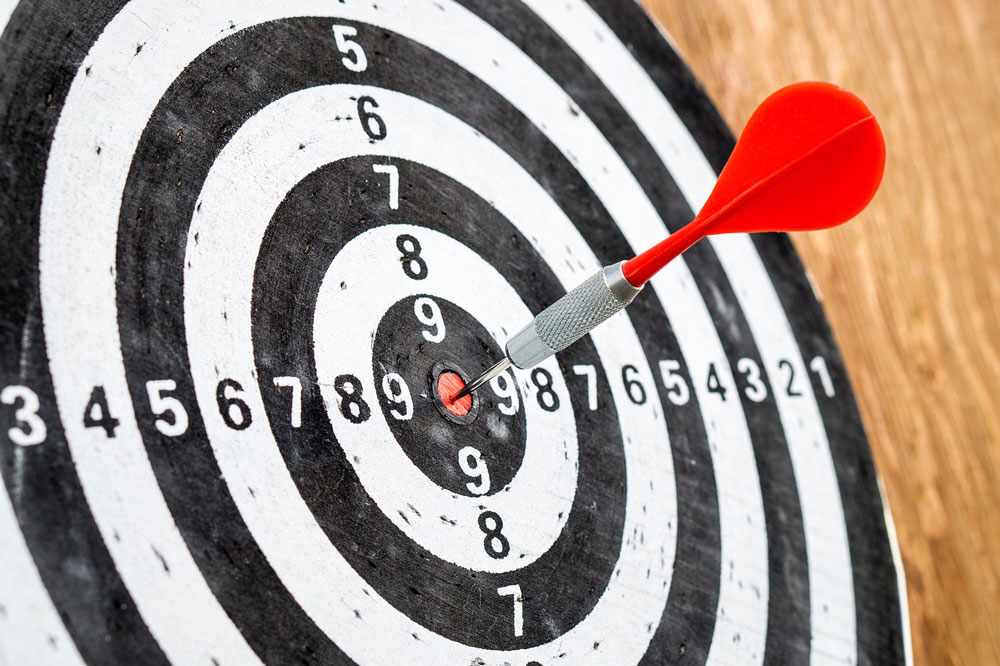If I don’t take a break, I am going to break!
Sound familiar?
From reaching targeted goals at work, completing assignments on time, continuing your professional development, planning out the family dinners for the week, getting the kids to all of their extracurricular activities, tracking your Facebook, Instagram and Twitter accounts, taking care of your aging parents, coping with loss, and so on, life nowadays can certainly be hectic; to the point where one day you wake up and you say, “I need a break!”
Do you take it, or not?
After my dad passed away, it was the fourth loss significant loss I had experienced. In four short years, I had lost my mom, my son, my sister-in-law and my dad. While the loss itself had an emotional impact, the years of caring for a child with a disability as well as watching the health of my beloved family members, deteriorate, compounded the effect on my physical and mental health.
 I was done. I had to take a break.
I was done. I had to take a break.
I knew that I needed to take some time to just chill out and rest, yet I wasn’t convinced it was the right thing to do. I enjoyed my work and didn’t want to give it up; what if I left and lost my connections? We were saving for our children’s education and we loved to travel, both with a cost attached; how could I just walk away?
I had spoken to other friends and colleagues who had taken some time off work to get some rest and relaxation and they said it really helped. Yet I still wasn’t convinced it was the right thing to do. I was strong and I could continue on, couldn’t I? In my mind, to take a break for myself didn’t seem very responsible.
I had expressed this to my husband, Lou, one morning over coffee and he said, “the responsible thing is to get some rest and to feel better, if you continue to push yourself, you may not feel better for a long time.” His words resonated and made complete sense. I made my decision. I would take a breather and rest.
As I look back on my decision, I think about how I had feared that taking time to relax would leave me isolated, bored and less financially independent. The opposite occurred. I had the time to connect deeper with my friends and family. I practiced yoga and meditation, learning new ways to take care of my physical and mental health. I didn’t worry about deadlines or negotiating relationships. I could simply, just breathe.
After a year or so, I started to feel the desire to do some professional work again. I enjoyed my previous work with community and with families, so I embarked upon starting my own coaching and consulting business, to continue what I loved to do. While I was afraid to take a break, I realize now that it was one of the most important decisions I have ever made. I was able to breakthrough my stress, rather than having it cause me to breakdown. I haven’t looked back.
Taking a pause can be as little as a few minutes, a couple of hours, a day, a month or a few years. The time frame is really defined by you.
It’s important to note that taking a break isn’t about sitting around and watching tv or constantly being on your social media. Active coping is about various active, constructive, self-help strategies. It specifically focuses on the advantages of adopting positive attitudes, maintaining a sense of humor, engaging in a variety of activities, identifying and relabeling stresses, and using multiple, active coping techniques (U.S. National Library of Medicine).
Your decision to rest will be a time of change and transition, and you may want to seek the support of a good friend or a professional; someone who can guide you along your journey.
We know that tiredness can negatively impact performance at work, family life, and social relationships (MacGill, July 2017). If you’re tired, you just need to simply rest and try again. Burn out is real, don’t become a victim. You don’t have to do it all.
~ Lisa







Get Social